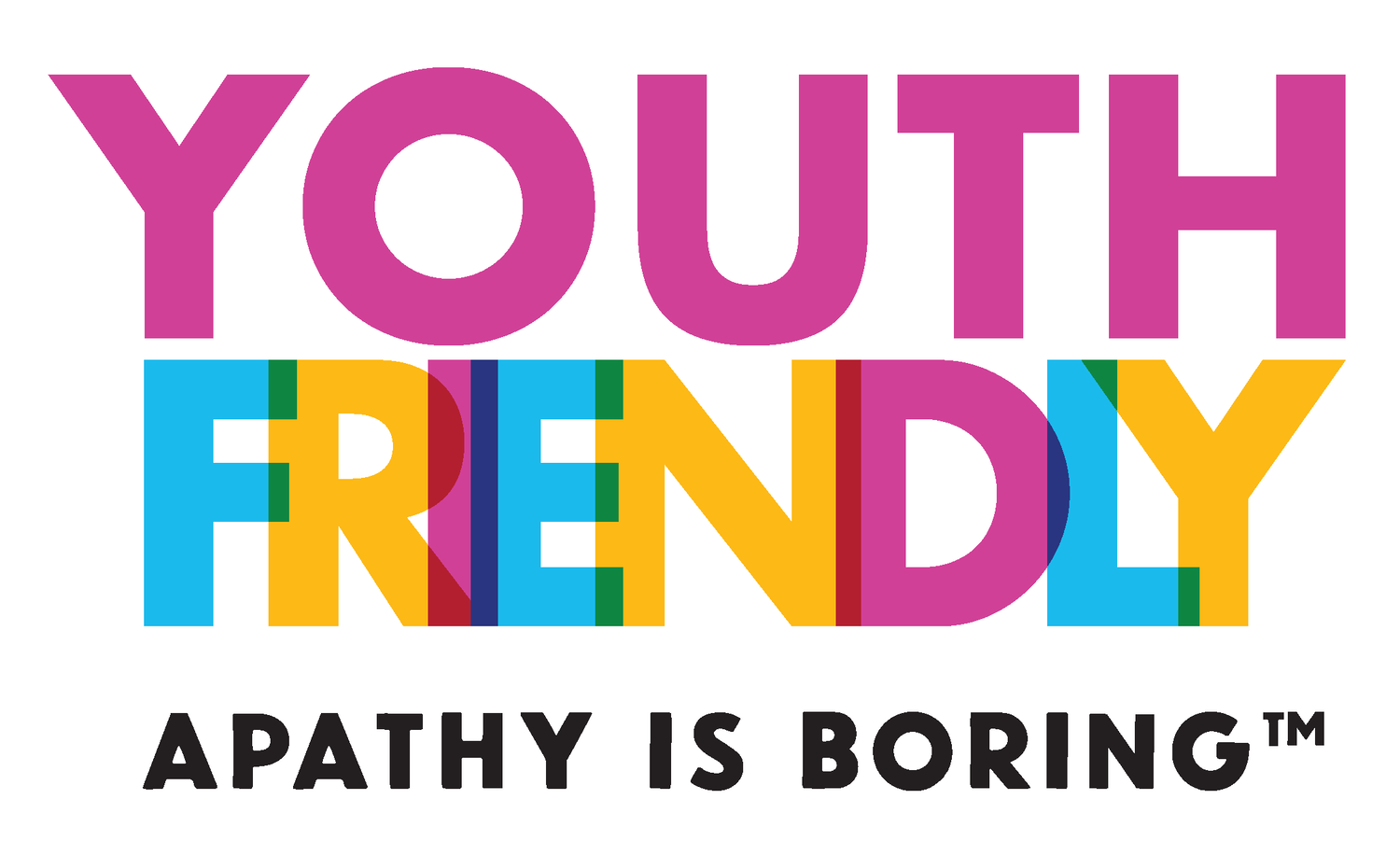How Islamophobia Exists In Organizations
Source: CTV News
Five years ago, on January 29, 2017, six Muslim men were shot and killed in a Québec City mosque, while nineteen others were injured. A terrorist entered the Islamic Cultural Centre in Sainte-Foy, Québec and went on a shooting rampage. To this day, it remains one of the deadliest mass shootings in Canada’s history.
The massacre pointed to a larger issue of growing racism and Islamophobia in Canada. In commemoration, January 29 is now observed as the National Day of Remembrance of the Quebec City Mosque Attack and Action Against Islamophobia. As we approach this solemn anniversary, it’s important for non-Muslims to examine where Islamophobia shows up in their lives and the systems they uphold.
Islamophobia and anti-Muslim hate can be defined as systematic hostility toward people who are or appear to be Muslim, or toward the religion of Islam. Since the 2017 massacre, Islamophobia hasn’t gone away. Islamophobia is present in Canada, and we can see some of the most explicit and violent embodiments of Islamophobia in hate crimes like the Quebec Mosque shooting. With anti-Muslim hate crimes persisting, it's imperative that organizations and institutions work to make Muslim youth feel safe and welcome in their spaces. Dismantling anti-Muslim hate must start from our systems and structures of power. That means looking inward and taking accountability for how it may be present within your own organization.
Many organizations today claim that they don’t tolerate racism and hatred toward racialized groups, as well as refugees and immigrants. Yet workers in Canada still encounter racism, prejudice and discrimination in the systems they navigate. Muslim people often experience discrimination in institutions through hiring practices. A study conducted in Quebec found that job applicants who have names that suggest an Arab background are up to two times less likely to be hired. Further, in 2017, a study by the BBC found that when applying for jobs, a person with a Muslim-sounding name on their resume was three times less likely to be called for an interview compared to someone with an English-sounding name. People shouldn’t have to change their names or identities to have fair prospects in the job market. But the sad truth is, societal forces of Islamophobia and racial discrimination can impact employment opportunities.
Navigating institutions of power can be challenging for marginalized communities, especially when they don't see their needs being reflected in these institutions. Widespread ignorance of Islam in organizations and institutions can result in important cultural pillars like specific nutritional necessities and religious spaces being overlooked. Many observant Muslims eat a Halal diet, and pray five times a day at specific times, in separate spaces. Catering to people’s spiritual well-being is important, and when Halal food isn’t accessible, time isn’t given for prayers, and private spaces are not obtainable within organizations, it creates a feeling of anxiety for those who need these things to carry out their religious practices.
On top of that, Islamophobic sentiments are worsened when there is a lack of cultural understanding from those in positions of power. When organizations don’t take into account Muslim group members—by, for instance, giving out alcoholic beverages as gifts—it can be socially isolating for those who don’t drink for religious reasons.
Ignorance of non-Muslims around Muslim people leads to harmful language that fuels Islamophobic sentiments. Too often, we see media and cultural portrayals of Muslims that equate Islamic belief with oppression, violence and terrorism. A lack of understanding and respect for religious practices from decision-makers can lead to further discrimination and prejudice towards Muslim people. Ultimately, it’s the responsibility of non-Muslims in positions of power to be mindful of the Islamic faith, in order to minimize harm and address Islamophobia that is already deep-rooted in our institutions.
Islamophobia is a systematic issue, and it matters how you choose to address it. For starters, we need to keep talking about how Islamophobia in Canada presents itself in our daily lives. While these necessary conversations within your organization may be difficult, they can spur collective consciousness and lead to positive systemic change. It’s important for Muslim communities in Canada, especially young people, to see that they belong in positions of power. Ultimately, it’s up to organizations of influence to show them they do.

